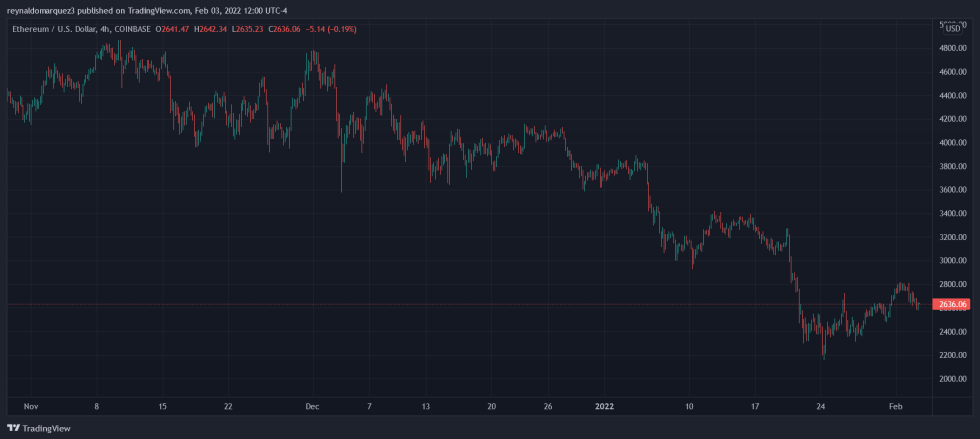
Yesterday, an exploit on the Wormhole Bridge that connects Ethereum, and Solana allowed bad actors to steal over $300 million in funds. One of the worst hacks in recent history, users saw their funds completely drained from the interoperability protocol.
Related Reading | How Vitalik Buterin Will Use $100M In SHIB To Fight COVID-19
Recently, the team behind Wormhole announced that they have restored the stolen funds after successfully patching the vulnerability at 00:33 UTC. However, the crypto community has begun to question the safety of these solutions.
1/2
All funds have been restored and Wormhole is back up.
We're deeply grateful for your support and thank you for your patience.
— Wormhole (@wormhole) February 3, 2022
In an episode of the Bankless Podcast, hosts Ryan Sean Adams and David Hoffman recalled a Tweet from the inventor of Ethereum, Vitalik Buterin, allegedly highlighting the potential security issues with the cross-chain platform. Buterin was referring to a Reddit Q&A with core developers and used this argument to support his take on the future of the crypto industry.
Vitalik called it pic.twitter.com/nH7EeBXH6A
— Bankless (@BanklessHQ) February 2, 2022
Buterin argues that bridges have fundamental security limits. Thus, he claimed to be optimistic on a multi-chain, rather than a cross-chain ecosystem. The inventor of Ethereum said that tokens or assets have better security on their native networks.
Buterin presented a hypothetical scenario in which a network is 51% attacked, but the bad actors are incapable of changing protocol rules. Users maintain ownership of their tokens. The same might not happen if a user leverages a Solana-Ethereum bridge. In that sense, the inventor of Ethereum added:
(…) this also is a limit to the “modular blockchains” vision: you can’t just pick and choose a separate data layer and security layer. Your data layer must be your security layer.
The Future Will Be Multi-Chain, But On Ethereum?
In case of a 51% attack, according to Buterin, the network that hosts the native assets can be “reverted” or some transactions could be “censored”. This included any second layer solution, such as Optimism or Arbitrum. These and any application on Ethereum have guaranteed “consistency” while facing bad actors or security vulnerabilities.
This is very close to @0xPolygon thesis and I have said it multiple times. "Future is definitely multichain but multichain 'on top of Ethereum'" https://t.co/uPn7V0YJaA
— Sandeep AggLayer. polygon 💜 (@sandeepnailwal) February 3, 2022
In that sense, a cross-chain world where a bad actor could exploit vulnerabilities across many networks become a nightmarish scenario. Imagine a Wormhole multiplied by 100. Buterin said:
The problem gets worse when you go beyond two chains. If there are 100 chains, then there will end up being dapps with many interdependencies between those chains, and 51% attacking even one chain would create a systemic contagion that threatens the economy on that entire ecosystem.
Six months ago, the DeFi sector was shacked by an attack that managed to steal over $600 million in Ethereum, $253 million on Binance Smart Chain, and $85 million on Polygon. The bad actor targeted the cross-chain protocol Poly Network and the bridge that connected these networks via O3 Swap.
The crypto industry has seen its fair share of hacks, but cross-chain bridges seemed to be some of the most vulnerable platforms across the space. These solutions have gained a lot of popularity with the DeFi boom but might prove too insecure and ultimately shatter any hopes for a cross-chain future.
Related Reading | Vitalik Buterin Speaks To Argentina: “Decentralization Goes Far Beyond Money”
As of press time, ETH trades at $2635 and has been moving sideways in the 4-hour chart.


















